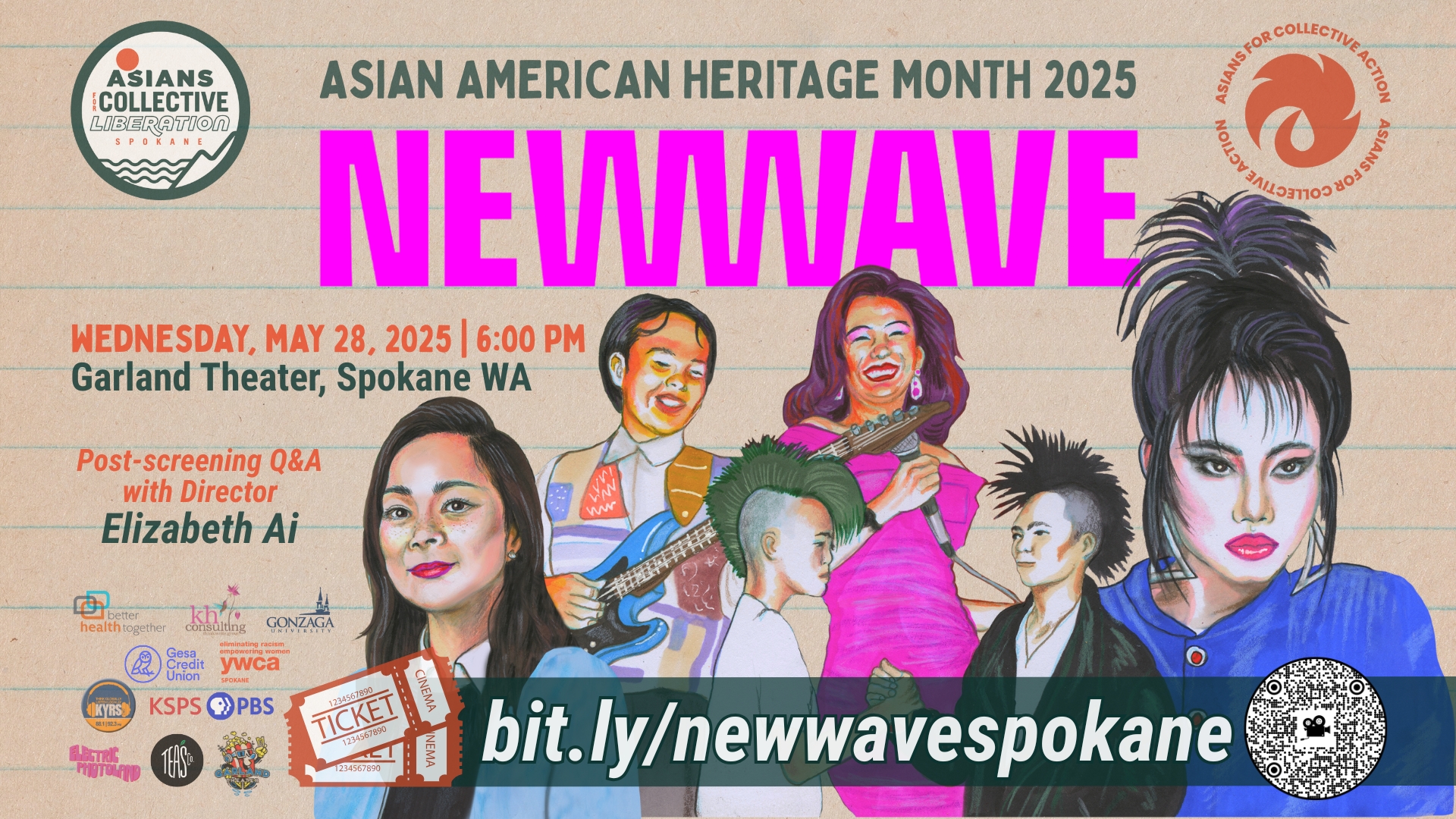Q: What traditions or practices from your cultural heritage do you hold closest to your heart, and why?
For me, it’s music, food, and storytelling. The way a certain dish can bring me right back to my grandma’s kitchen, or a song can crack open a memory I didn’t even know I was holding. Those sensory traditions are anchors… whether shared they’re over crowded tables or in the car with the windows down. They remind me of where I come from, even when the road has felt disconnected. Lately, it’s how I stay close to my roots, and also how I build new ones with chosen/found family.
Q: What message or “letter” would you want to send forward for future generations to hear?
You don’t have to be whole, healed, or a hero to begin. You don’t need all the answers to take up space. You come from a line of people who survived, created, and dreamed. That legacy is yours to shape, remix, and reclaim. Your story matters. It doesn’t have to be a feature film or some great American novel. Start anywhere, start small, start with telling a friend. Even when it feels messy or unfinished, it deserves to be told.
Q: How can storytelling serve as a powerful tool for activism, healing, and community-building—especially in moments when we’re navigating identities, experiences of “otherness,” or cultural misconceptions?
Storytelling gives us permission to be human. It lets us fill in the gaps between the headlines and flip stereotypes. For me, it’s been a way to reconnect with the past while carving out something new. Whether it’s in a film, a zine, or a kitchen conversation—it creates space for honesty, for memory, for joy. And when we share our stories, we find each other. That’s how community begins.
Q: From your experience, what are some of the common barriers that prevent Asian Americans from participating more fully in civic or political spaces—and how can we begin to break those down?
Many of us were raised to keep our heads down, not make waves, or focus on survival first. That silence gets passed down. We’re also the generation reclaiming voice and visibility. We need more spaces where young Asian Americans feel seen as they are—not as model minorities, not as others, but as complex, powerful storytellers, organizers, artists, and leaders. We break barriers by showing up for each other, and building spaces where we don’t have to explain why we belong.
Q: What advice or encouragement would you offer to Asian American youth who want to get involved but feel caught between different identities or cultural expectations?
You don’t have to choose just one version of yourself. You’re allowed to carry all of it: the language you’re still learning, the music your parents played, the world you’re dreaming into being. Lean into what lights you up. Your identity is not a limitation—it’s your superpower. Find your people, your found family, and remember: you’re not alone in this.
